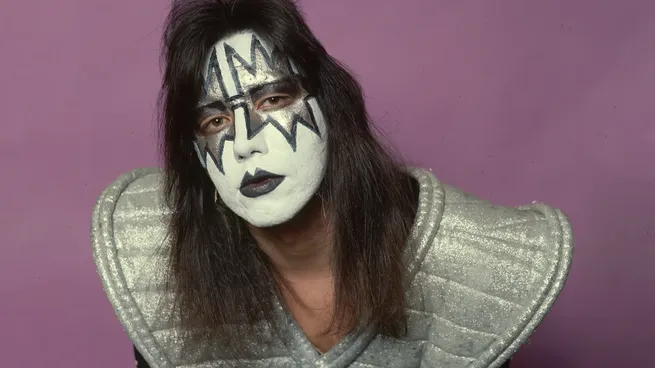I have been working in the news industry for over 6 years, first as a reporter and now as an editor. I have covered politics extensively, and my work has appeared in major newspapers and online news outlets around the world. In addition to my writing, I also contribute regularly to 24 Hours World.
Menu
Local and regional elections: Kremlin sees its war course confirmed after elections
Categories
Most Read
France: Investigators prevent attack on Putin opponent
October 16, 2025
No Comments
Donald Trump announces meeting with Vladimir Putin in Budapest
October 16, 2025
No Comments
Gaza peace deal: This is how Europe can regain its influence
October 16, 2025
No Comments
Donald Trump receives Zelensky – but first calls Putin
October 16, 2025
No Comments
Friedrich Merz and the cityscape: A sentence that will hunt him
October 16, 2025
No Comments
Latest Posts

More than 13 thousand people and 85 companies participated in the BA Employment Expo
October 17, 2025
No Comments
More than 13 thousand people participated this Thursday in the second edition of the year of BA Employment Expo, the most important job intermediation fair

Without a confirmed seat, Franco Colapinto is already thinking about 2026: “I am confident that we will have a fast car”
October 16, 2025
No Comments
October 16, 2025 – 20:47 The Argentine considered that to continue in Formula 1 next year he must “continue working and growing.” Facing a new

Ace Frehley, guitarist and founding member of Kiss, dies
October 16, 2025
No Comments
October 16, 2025 – 20:42 Known as The SpacemanFrehley was noted for his unique guitar style and stage presence marked by the makeup and theatrical
24 Hours Worlds is a comprehensive source of instant world current affairs, offering up-to-the-minute coverage of breaking news and events from around the globe. With a team of experienced journalists and experts on hand 24/7.

